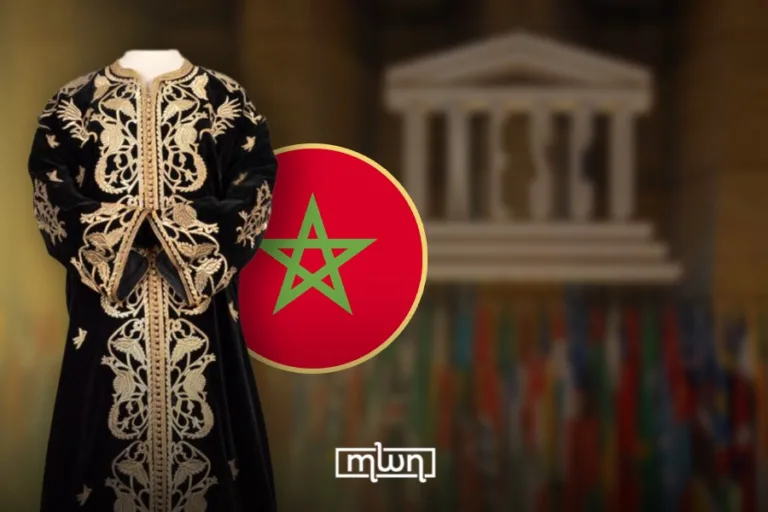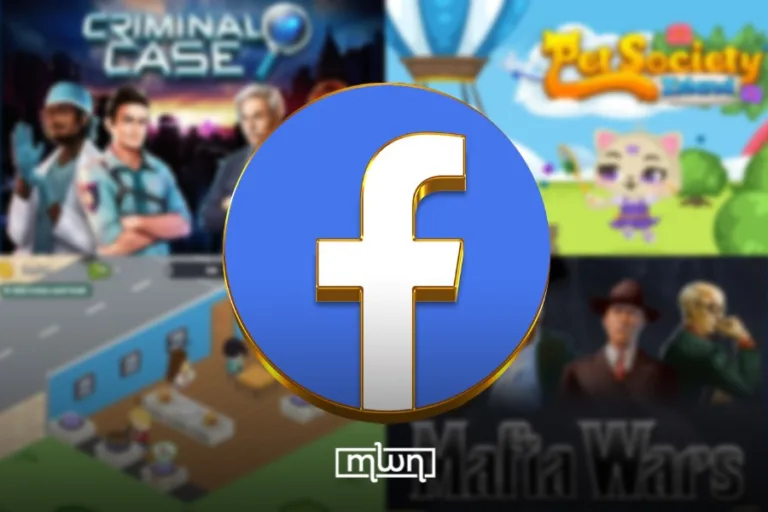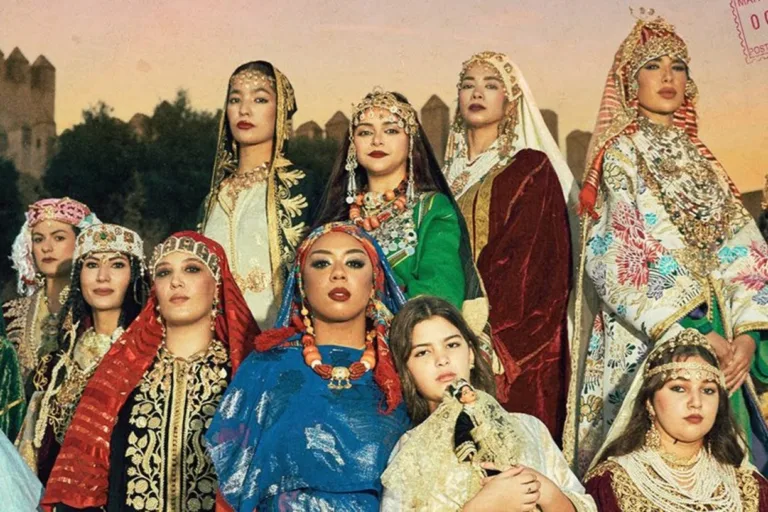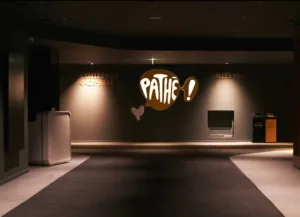Rabat – Surprisingly, the origin of the “meme” has no connection to satire or sarcasm. So, how did this cultural phenomenon begin, and why are they the viral currency of our age?
Tracing memes through time
On September 1st, 1939, Germany initiated the invasion of Poland from the East, marking the commencement of World War II.
In an effort to alleviate the widespread fear and panic among the populace, the Ministry of Information, Britain’s wartime propaganda department, issued a poster with the theme of “Keep Calm and Carry On.”
Over 60 years later, an original version of this poster surfaced. This once solemn wartime message has taken an unexpected detour into the realm of internet humor.
The catchphrase “Keep Calm” has evolved into a trend adaptable to various contexts, manifesting in expressions like “Keep Calm and Stay Home” or “Keep Calm and Be Free.”
Its straightforward design and the now satirical tone of its message led to its transformation into a meme.
Coined by the evolutionary biologist Richard Dawkins in his 1976 book “The Selfish Gene,” the term “meme” originates from the Greek word “mimema,” meaning “imitated.”
Dawkins conceptualized a meme as a unit of cultural information disseminated through imitation, akin to the cultural counterpart of a gene.
Delving deeper into the culture of “LOL”
Saint Hoax, a renowned Syrian meme creator boasting three million Instagram followers, defines a meme as a form of media repurposed to convey cultural, social, or political expressions, primarily through humor.
Slogans, clever captions, and inventive concepts serve as the key elements transforming memes into a portal for discussing shared experiences, societal concerns, and taboos, all without the need for explicit or direct communication.
The power of memes lies in the fact that the internet has heightened our inclination towards visuals over text.
It’s harmless, humorous fun; maybe best thing since sliced bread.
In recent history, meme’s took off during the age of the pandemic. Spreading faster than the virus itself, they have provided people with a humorous escape from the constant influx of news and serve as a great source of entertainment.
Examples include memes related to toilet paper shortages and social distancing.
From World War II to the age of COVID, memes have provided comic relief during challenging times. They wield significant influence, providing internet users with a means to express opinions on global enigmas without delving into serious debates.
From the classic “Distracted Boyfriend” to the more recent “Woman Yelling at a Cat,”
they encapsulate everyday absurdity, irony, and occasional intensity of life with a comedic touch.
Universal humor; the translatable nature of memes
Anyone with an internet connection can participate in meme culture, enriching the ongoing conversation with a witty caption or a perfectly timed image.
The availability of tools for creating memes, such as “Canva” and “ILOVEIMG” enable individuals to engage in the formation of internet culture.
Memes provide a quick and effective means of communication, making them like the“lingua franca” of the digital age. As they are often accompanied with few words, they are easily translatable in different languages to global audiences.
The capacity to encapsulate complex emotions or convey social commentary within a single image accompanied by a few words has made memes a distinctive form of digital expression.
Serving as cultural time capsules, memes preserve snapshots of societal attitudes, trends, and even political climates in our age.
“GIF-ted” voices: Gen Z’s memes speak louder than words
Beyond humor, memes serve as a forum for social and political commentary, and the younger generation, Gen Z, has embraced this power of online comedy to confront social and political concerns.
With a keen understanding of the digital ecosystem, Gen Z leverages memes not only for amusement but also as a vehicle for activism and criticism
These GIF-ted brains have turned memes into a dynamic platform for communicating their viewpoints, whether they are criticizing social standards, analyzing political absurdities, or pushing for change.
In the realm of U.S. politics, a user on platform X, formerly Twitter, shared a humorous meme addressing the dilemma of selecting a candidate. The meme cleverly featured Felonious Gru from “Despicable Me,” injecting humor into the decision-making process associated with voting.
Read Also: Lazy? Think Again! Gen Z’s Hustle In The Modern Age
Although often put aside as meaningless internet buzz, memes hold the power to communicate laughs and convey messages about the complexities of the world.
So, be careful what you post because memes may just be the pages of our digital history books.
















